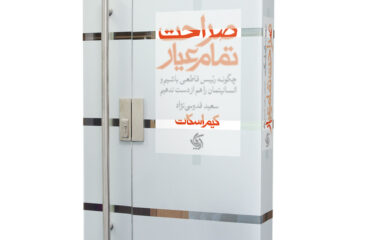
The main subject of this book is behavioral economy. The main idea is that in some situations and cases people’s decisions are systematically following an irrational pattern. We all know from our experience that we are not totally rational but it is behavioral psychologist’s job to decide in what circumstances we intend to decide irrationally.
We are speaking of a hypothesis and a model when we talk about wise and rational decisions. The way in which economists believed for many years had been people’s main method of thinking and decision making (economists in all economic periods believed that they could predict people’s mind and behavior)
Being irrational or unwise in behavioral economics literature and Dan Ariely’s book means that people’s behavior doesn’t match the pattern in which traditional economists used to know.
By using “irrational” he emphasized that this form of rationality is not a suitable model to understand people, and people don’t tend to think and behave the same way in most situations.
Dan Ariely
Dan Ariely who is living in his 50s, studied physics and mathematics but transferred to philosophy and psychology and very soon he dropped philosophy and concentrated solely on psychology.
He earned a Ph.D. in cognitive psychology and completed a second PhD in Business administration. Ariely taught at MIT between 1998 and 2008. After that he went to Duke University and he is teaching there now.
He has always been a pioneer to behavioral economy, however he has never studied economy.
He has written a lot of books, here are some of his books listed below:
- Predictably Irrational
- Upside of Irrationality
- The Honest Truth about Dishonesty
- Payoff
- Irrationally yours
- Dollars and Sense
In 2008 he was awarded an “IG Nobel prize” for one of his most famous researches which is being awarded annually to celebrate ten unusual or entertaining achievements in scientific researches. The subject in which he was working on with the help of his colleagues was: “high-priced fake medicine is more effective than low-priced fake medicine.”




